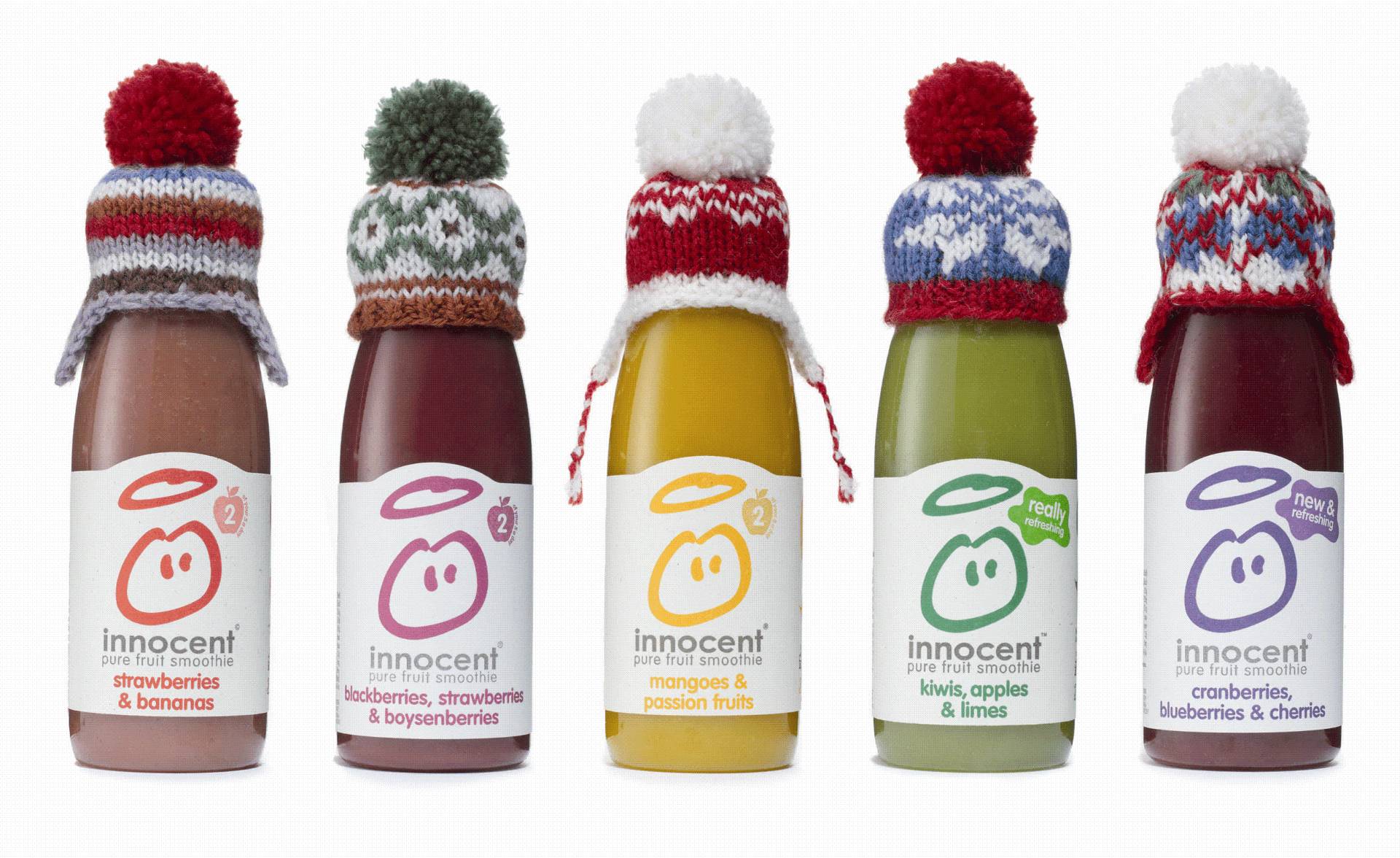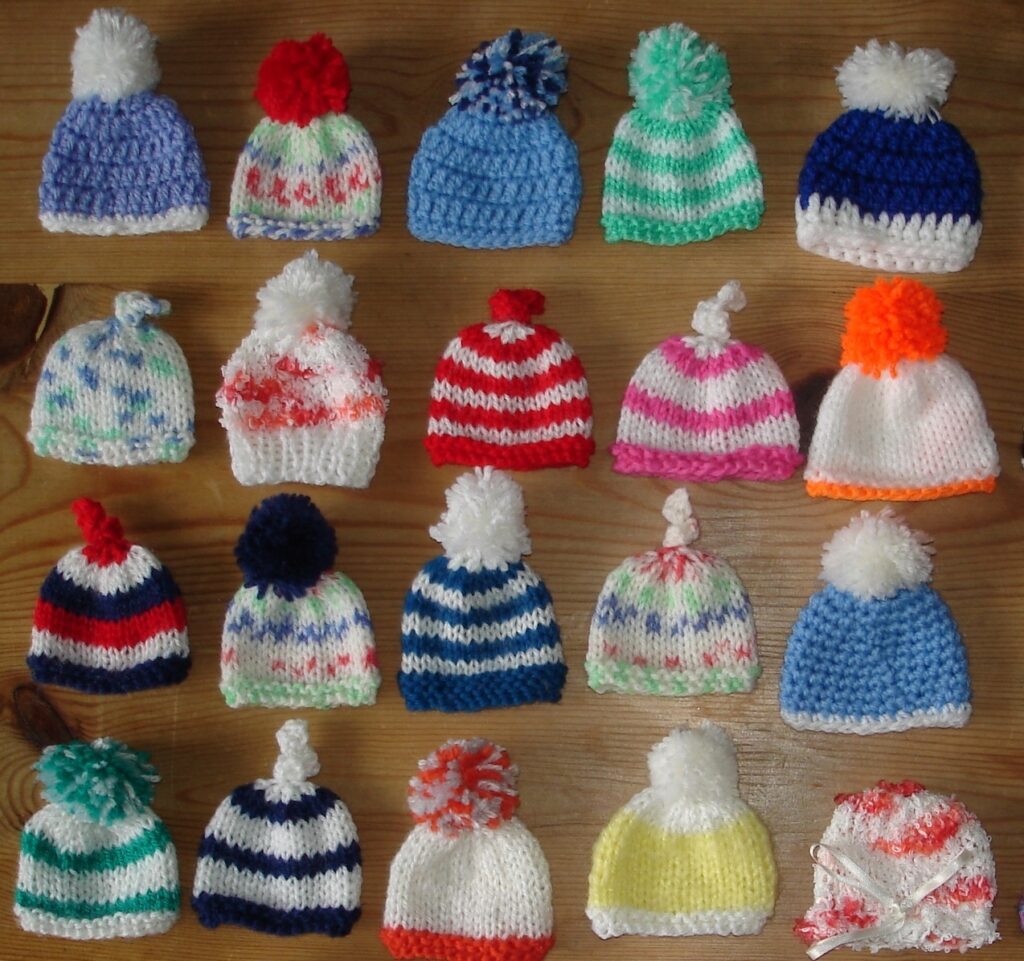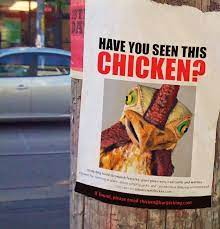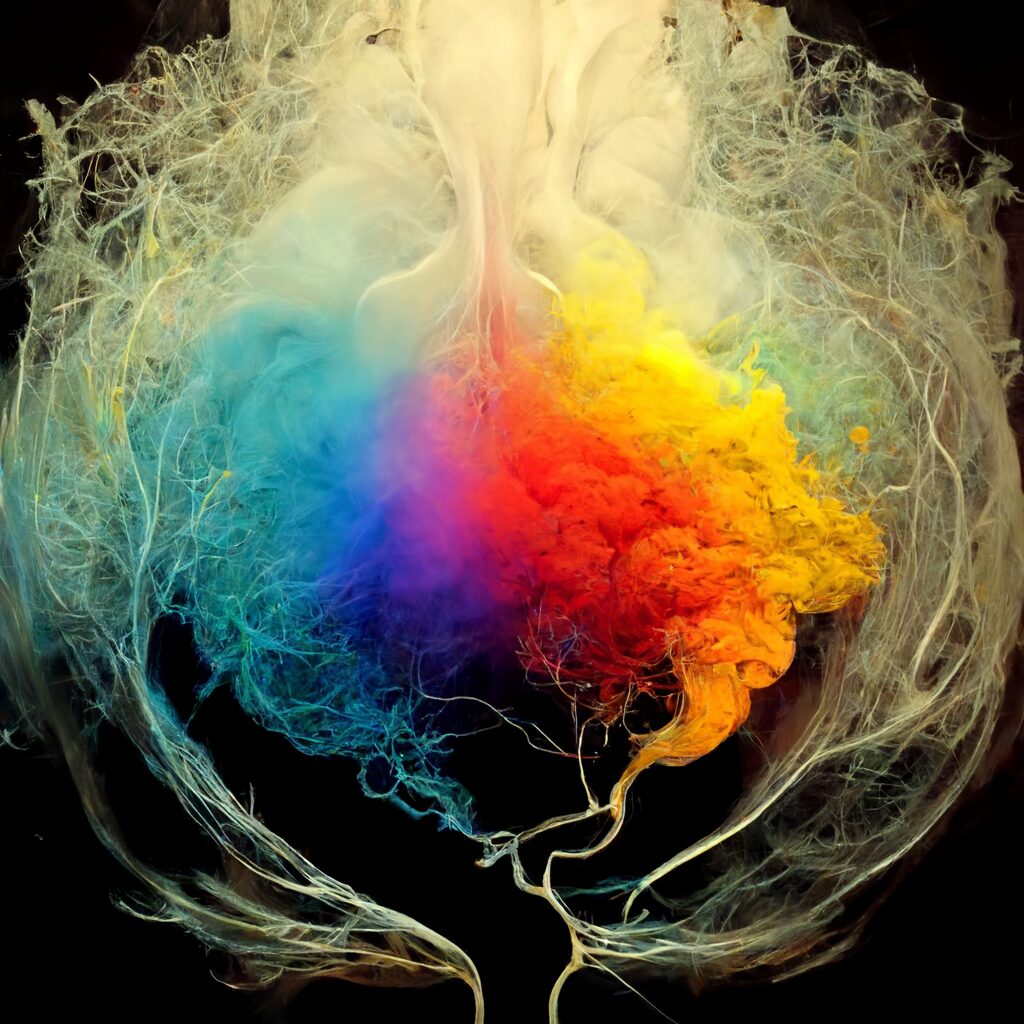The Little Hats of Innocent Drinks

To increase sales, Innocent began providing a tiny hat with each bottle. These caps aren’t mass-produced, but rather created by grandmothers
In 1998, three young Cambridge graduates named Richard Reed, Adam Balon, and Jon Wright founded Innocent Drinks, intending to make money at music festivals. All-natural, fresh fruit was used in the smoothies instead of concentrates or preservatives. They promised to donate 10% of their earnings to a good cause.
Starting in a tiny kitchen in a shared home, the company grew to produce 2 million + smoothies a week, sold in supermarkets. In the beginning, they pooled their resources and used credit cards to the limit; now, Coca-Cola owns 90% of the company’s shares.
After 25 years, the company has become a global phenomenon, and the three Cambridge pals are still Board members. Their wealth is estimated to be close to $500 million.
The Origin of Little Hats
Innocent was gearing up to release seasonal drinks for the autumn and winter in the summer of 2004. A graphic designer had included a winter hat in the artwork on the labels of the winter beverages. Why not use genuine hats instead? pondered marketing manager Adam Rostom. A hat cover, “to keep the drinks warm in cold weather,” he said. The idea’s eccentricity piqued his interest, and it fitted well with the Innocent brand’s image. Rostom was attempting to assess the feasibility of the plan by asking, ‘Where do we get the hats?'” They would be able to get them from China, but that would be silly. So he had the grandmas in England knit them.
There was a mention of the concept in the company’s 5,000-person-strong customer email newsletter. They were able to recruit 40 retirees in only a few short weeks. The grandmothers knitted the hats for free in return for a payment of 20 pence from each sale to organisations working to keep the elderly warm.
Actually, the management had urged Adam to divert his attention. Instead of listening to them, he continued. Three thousand little hats hit the shelves of UK retailers that year.
How
Volunteers knit or crochet little hats that are all different from each other. Patterns and instructions can be found on the website. Each bottle is outfitted with a cute little hat before being placed on the shelf for purchase. There is also a donation of 20 – 25 pence for every bottle made to Age UK, an organisation that helps the elderly.
Since 2004, they’ve raised over £3 billion for Age UK.

Lessons for Marketers
- Building a strong reputation for your brand is crucial.
People have a positive association with the Innocent Drinks brand because it is associated with being creative, healthy, and young. You’ll hear a lot about fruit and a few vegetables here and there. They feel strongly about recycling. They use innovative strategies to promote their product. And as a company, they come across as lively, imaginative, and entertaining.
- Listen closely to your audience as a whole
When your target demographic shows interest in adopting a more healthy way of life, you should do the same. To appeal to its target demographic of millennials, Innocent Drinks immediately launched a variety of non-dairy smoothies, cereal toppings, coconut water, and vegetables. They also express a strong desire to recycle publicly.
- Use your imagination
The success of the Little Hats campaign may be attributed to the uniqueness of the whole idea
- Involvement in the community
Individuals in the community make these small caps as a service to others. It has been said that a few well-known people have sent in knitting and crochet projects. There’s a wide range of designs to pick from, from simple to intricate, and the finished product is a source of great pride for its creators. They would share this on social media. It spread by word of mouth.
After purchasing a smoothie that comes with a hat, consumers are encouraged to take photos of themselves pretending to wear the hat by placing it over someone else’s head or engaging in other creative uses of the hat before posting the photos to the company’s website. Moreover, the year’s three most popular concepts are selected by voting (yet another community initiative). They give out boxes of smoothies every week to the top three weekly submissions.
- Donation to a Good Cause
Those who care about helping others will not think twice about making a financial contribution. And it’s hard to beat a product that promises to give back a portion of its proceeds to a good cause.
The colder months in the United Kingdom are not optimal for selling smoothies. Innocent Drinks makes money off of its brilliant Little Hat promotion since it occurs only during the winter. The campaign as a whole has a friendly, fun, and even celebratory tone, which is sure to get more people involved. The little caps look adorable on the smoothie bottles, and they help them stick out on store shelves.
- An innovative collaboration that benefits both sides
Sponsorship deals between businesses and organisations don’t have to entail traditional event promotion or branded swag to be successful.
They deserve praise for their ingenuity in making this possible. Overall, the Little Hats campaign has become a symbol for Innocent Beverages.



